Whole stalks provide more benefit than celery seeds
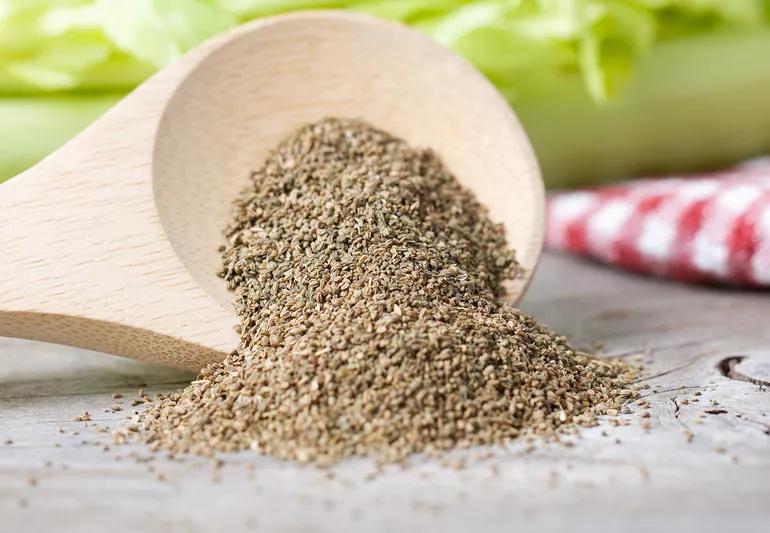
At almost every turn, science and medicine reveal a new “superfood” that will dramatically improve our health. Chia seeds can reduce your cholesterol. Green leafy vegetables burn belly fat. Blueberries boost your antioxidants.
Cleveland Clinic is a non-profit academic medical center. Advertising on our site helps support our mission. We do not endorse non-Cleveland Clinic products or services. Policy
Now, the latest in wonder snacking – celery seeds to lower your high blood pressure (HBP). But does it really work?
“It’s no secret that plants offer vitamins, minerals, fiber and antioxidants to help you maintain good health, but it’s a mistake to think you can eat only those substances as supplements and really get the same benefits,” according to Luke Laffin, MD, Department of Cardiovascular Medicine.
A plant’s isolated nutrients and other compounds work together to improve health, but we don’t really know why or how they do it.
Research has found that taking celery seed extract improved BP levels in patients who had mild to moderate elevations. But for the most part, research indicates taking plant extracts offers little to no benefit and can sometimes cause harm. “For this reason, it makes sense to simply eat the whole food, including celery,” Dr. Laffin says.
Your BP measures the force your heart exerts to pump blood around your body. The higher your pressure, the harder your heart is working.
If your pressure is high enough, it can damage your blood vessels, as well as your heart, kidneys, eyes and brain. It can also put you at greater risk for coronary heart disease, stroke, heart failure and blindness.
“Any BP over 130/80 mmHg is considered high. Limiting your sodium intake to below 2,300 mg daily can help control your BP,” Dr. Laffin says.
Celery contains a phytochemical called phthalides. As an extract, it’s called NBP, and it relaxes the tissues of the artery walls to increase blood flow and reduce blood pressure.
Eating the whole food, though, is better. Celery stalk salt content is low, and you also get fiber, magnesium and potassium to help regulate your blood pressure, as well.
“To get the benefit, you should eat roughly four stalks – one cup, chopped – of celery daily,” Dr. Laffin says.
Celery alone won’t bring down your BP.
Most major health organizations, including the Cleveland Clinic and the National Heart, Lung and Blood Institute, recommend the DASH Diet, a nutrition program targeted at lowering BP and the risk of cardiovascular disease.
“A diet based largely on plants is ideal,” Dr. Laffin says.
By eating vegetables, fruits, whole grains, beans, seeds, nuts and vegetable oils, you get the potassium, calcium, magnesium, fiber, protein and limited sodium needed to control your BP. You should also restrict sweets, sugary beverages and red meats.
Learn more about our editorial process.
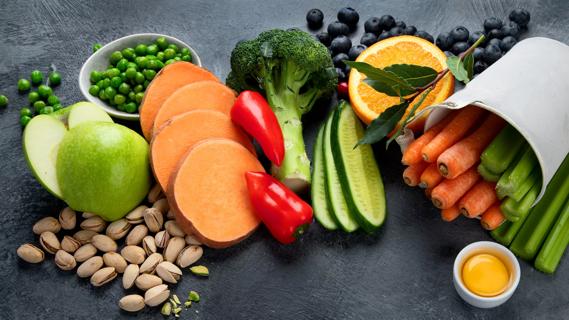
This powerful carotenoid can help with your eye and skin health, LDL reduction and cognitive function
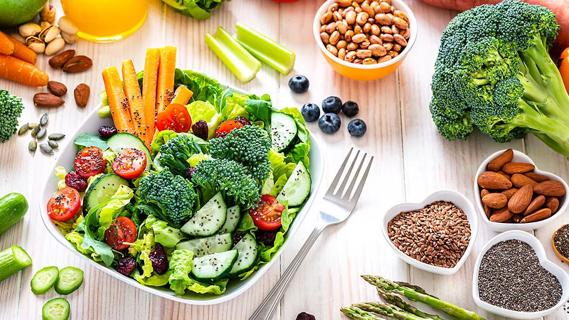
These typically colorful plant-based substances provide various health benefits that help protect you from disease
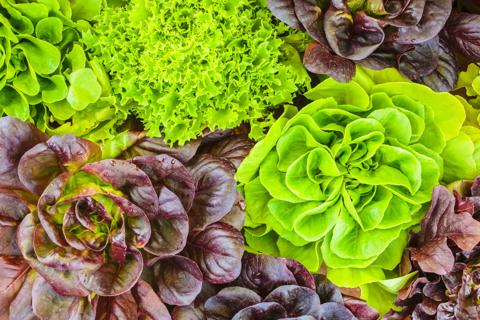
Lettuce is a versatile vegetable loaded with antioxidants and good-for-you nutrients
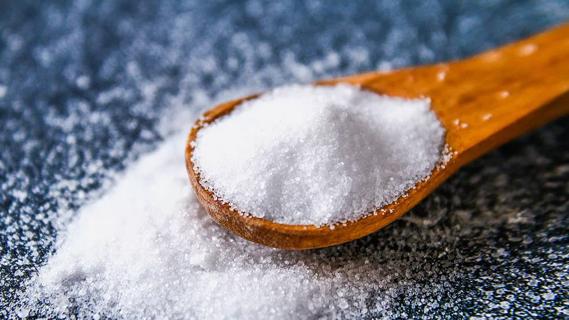
Excess salt and sodium consumption is a worldwide health concern
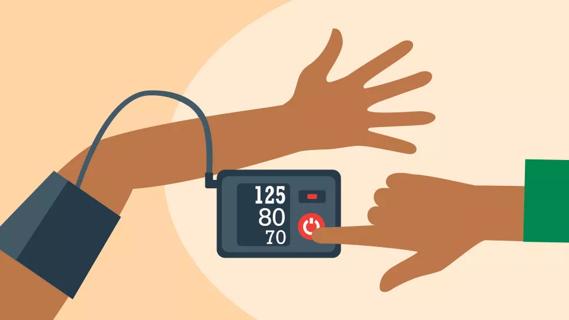
An ideal blood pressure is less than 120 mm Hg systolic and less than 80 mm Hg diastolic

When it comes to getting proper nutrition, your assigned sex can play a role — but there’s more to it than that
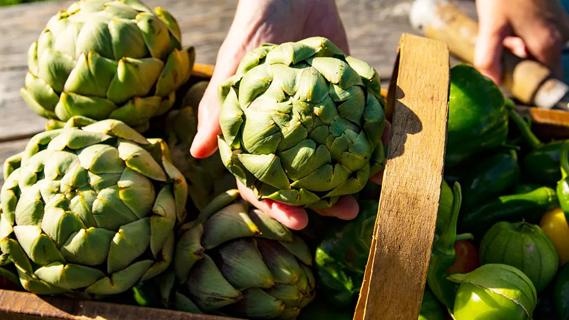
This unique-looking veggie is fiber-dense and antioxidant-rich, and can improve the health of your gut, liver and heart
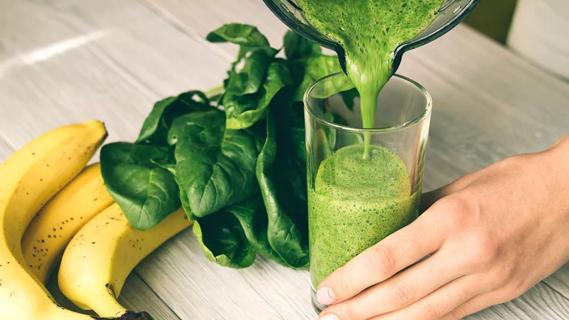
Vitamin-packed and antioxidant-rich, spinach can benefit your brain, eyes, blood and more

Your metabolism may torch 1,300 to 2,000 calories daily with no activity

A gentle touch in all the right places may help drain your sinuses